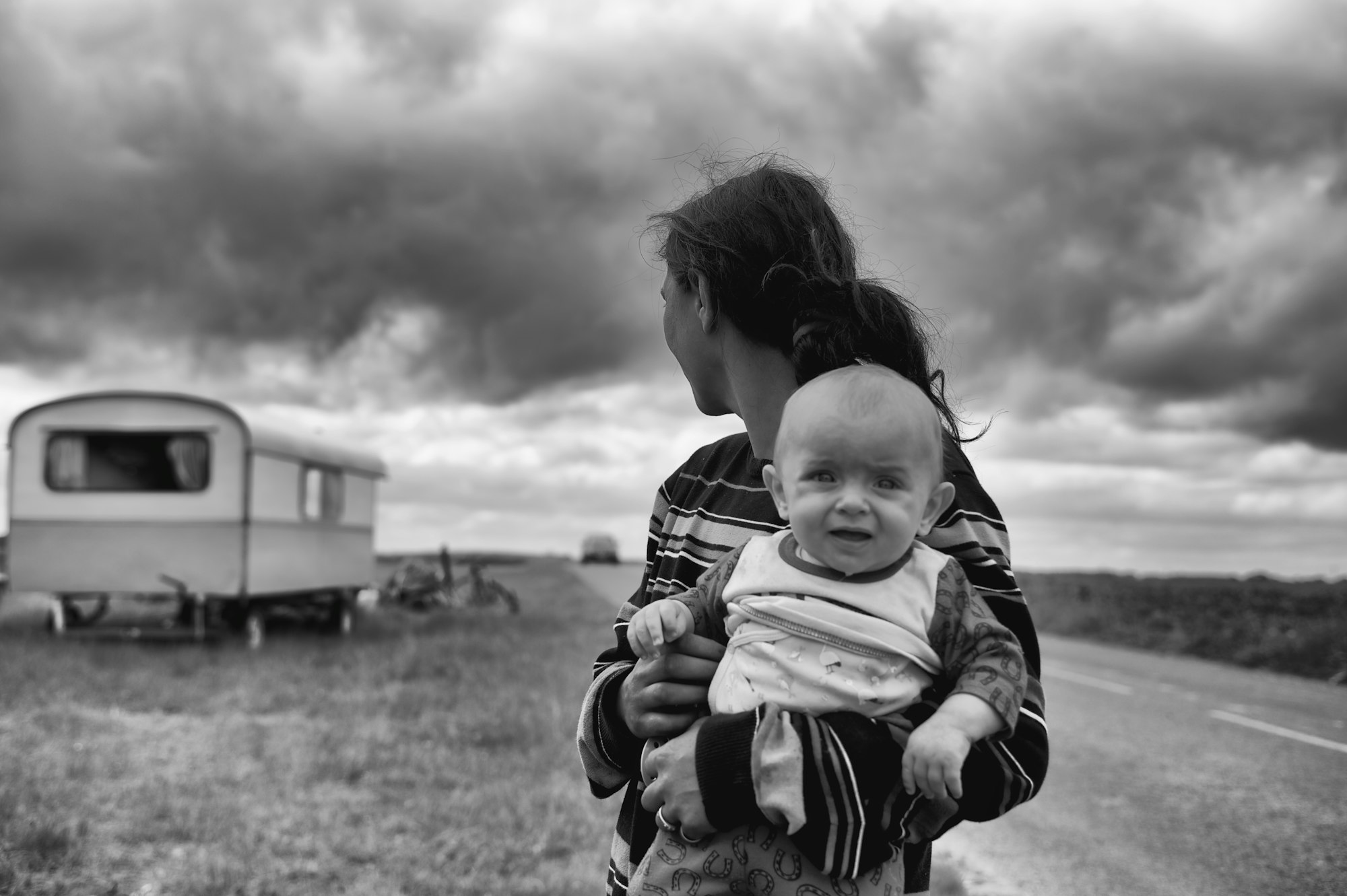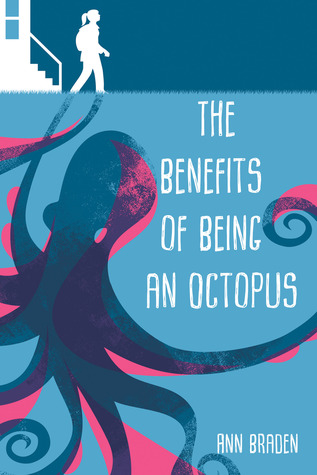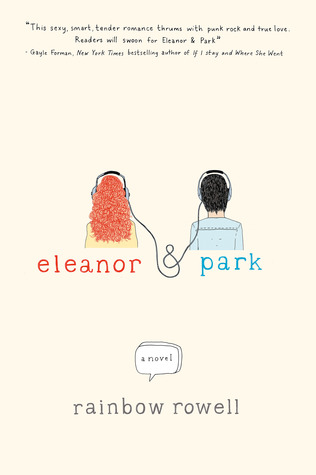Books about Poverty and Abuse

Recently I read two books that have striking similarities: The Benefits of Being an Octopus, by Ann Braden, and Eleanor and Park, by Rainbow Rowell. Both books feature main characters who are living in impoverished situations and who strive to get out.
Poverty is portrayed similarly in each book. Both Zoey and Eleanor live in cramped quarters and have additional responsibilities looking after their siblings. Their home lives are volatile, as their mothers deal with abusive relationships and the children are at the whims of abusive stepfathers. On top of that, the girls each receive flak at school for not finishing school work, for their shabby clothes, and their hygiene.

However, the characters deal with their situations differently. The Benefits of Being an Octopus is for a middle grade crowd and its main character Zoey is more proactive. Throughout the book, Zoey and her family feel like they are drowning, with no space to breathe from the onslaught of daily stresses that at any moment could sink them. Zoey in particular feels a heavy weight. She imagines herself as an octopus, with eight arms to better look after her three siblings, protect her mother, calm her stepfather, and still have time to get her own homework done. Zoey ends up taking action to get her mother and siblings out of a dangerous situation, and into one that is not easy, but at least better.

Eleanor and Park offers a darker look at the effects of poverty and abuse for a teenage audience. While the novel is a love story between Eleanor and Park, the dark specter of Eleanor's abusive stepfather casts a pall over the blossoming relationship. Everything in Eleanor's life is difficult largely because of him. She lives in one bedroom with all her siblings, scarcely coming out when he is at home. She goes without bathing and washing her clothes for fear of her stepfather. She even hides her healthy relationship with Park. Eleanor is trapped, both because of the abuse and fear, and because of a lack of financial means to escape.
Both of these books are important to have in a classroom library. They provide a mirror for students who live in poverty, and promote empathy in those who want for nothing. They also effectively illustrate for teachers how poverty and abuse can affect our students. For instance, Zoey gets lectured by her teachers for not finishing her homework. They do not understand that she spent most of her free time outside of school acting as caregiver for her three younger siblings. An otherwise sympathetic teacher tells her to "suck it up." How is this fair? How often do we expect the same of our students, albeit often unwittingly?
The books still paint a rosier picture than is often reality. Zoey takes her teacher's advice to heart and takes action to get her family a better place to live. While inspiring for middle grade students, not something that would likely happen in real life. In any case, both books give a glimpse into the daily lives of young people and families facing real struggle and promote greater understanding of students in similar situations.
